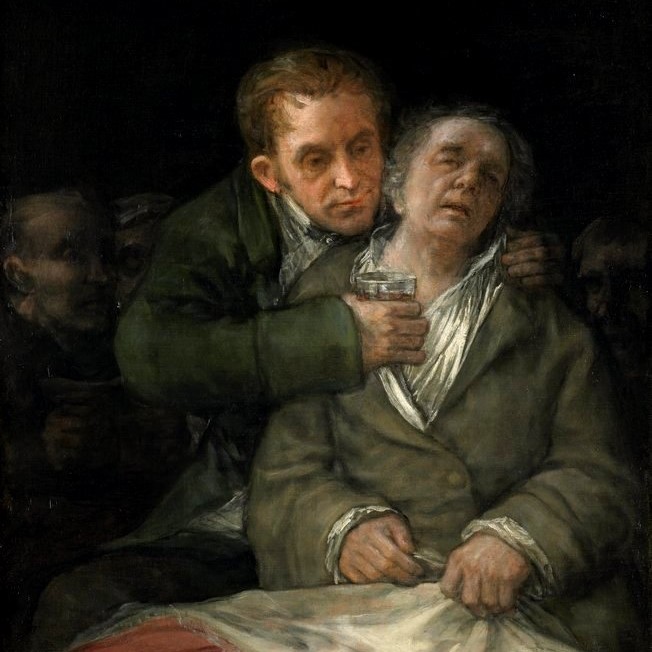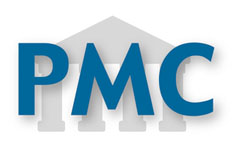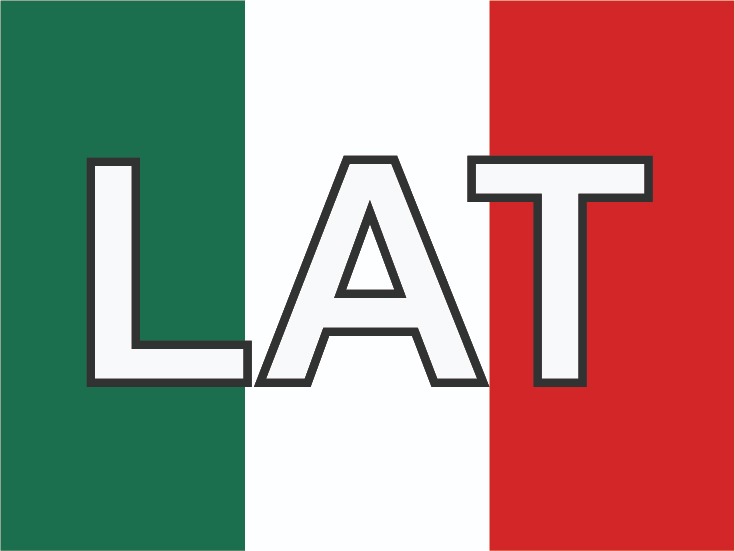The need for education about death in medical practice
Abstract
Colombia is one of the leading countries in the world regarding regulations and rights at the end of life. Currently, legislation on access to palliative care, limitation of therapeutic effort, euthanasia, euthanasia in children and adolescents, conscientious objection for doctors, and medically assisted suicide is decriminalized. Meanwhile, the remaining Latin American countries are just beginning the discussion about dignified death. Among many reasons for this delay, one of them is that it begins with the most controversial of issues, euthanasia, instead of focusing on humanizing the end of life.
Although, etymologically, euthanasia means "good death," a good death does not mean euthanasia. The definition of a good death is complicated because it corresponds to an individual notion affected by culture, religion, society, and medical science. Due to the lack of definition, the tools available to estimate the quality of death and end-of-life care are still unreliable. One of the most recognized criteria to define a good death is the preference of the place to die of the patient, but this depends on factors of the individual, their family environment, the disease, the logistical possibilities of the health system, and the health team that accompanies the process. Some of these determinants can be modified, but not others. Health team care is the one with the greatest potential and, possibly, requires the most investment in education and organization.
For physicians, death is transforming from being a natural part of the human experience into a crisis of patient health from which they must be rescued. In addition, technology-based clinical training ensures that they are well qualified to prolong life and poorly prepared to confront death or discuss it with their patients. The problem is bigger than it seems because the conviction about reliance on hospital-based, technologized medicine at the end of life is applicable to them. Research in Canada found that physicians died more in intensive care units and used more palliative care than the general population, but there was no difference in the possibility of dying at home.
Authors
Downloads
Keywords
- Thanatology
- Ethicists
- Euthanasia
- Right to Die
- Attitude to Death
- Medical Education
References
Krikorian A, Maldonado C, Pastrana T. Patient's Perspectives on the Notion of a Good Death: A Systematic Review of the Literature. J Pain Symptom Manage [Internet]. 2020 Jan 1 [cited 2022 Nov 8];59(1):152-64. https://doi.org/10.1016/j.jpainsymman.2019.07.033 PMid:31404643
Kupeli N, Candy B, Tamura-Rose G, Schofield G, Webber N, Hicks SE, et al. Tools Measuring Quality of Death, Dying, and Care, Completed after Death: Systematic Review of Psychometric Properties. Patient [Internet]. 2019 Apr 12 [cited 2022 Nov 8];12(2):183. https://doi.org/10.1007/s40271-018-0328-2 PMid:30141020 PMCid:PMC6397142
Costa V, Earle CC, Esplen MJ, Fowler R, Goldman R, Grossman D, et al. The determinants of home and nursing home death: a systematic review and meta-analysis. BMC Palliat Care [Internet]. 2016 Jan 20 [cited 2022 Nov 9];15(1). https://doi.org/10.1186/s12904-016-0077-8 PMid:26791258 PMCid:PMC4721064
Hetzler PT, Dugdale LS. How Do Medicalization and Rescue Fantasy Prevent Healthy Dying? AMA J ethics [Internet]. 2018 Aug 1 [cited 2022 Oct 28];20(8):766-73. https://doi.org/10.1001/amajethics.2018.766 PMid:30118427
Wunsch H, Scales D, Gershengorn HB, Hua M, Hill AD, Fu L, et al. End-of-Life Care Received by Physicians Compared With Nonphysicians. JAMA Netw Open [Internet]. 2019 Jul 26 [cited 2022 Nov 2];2(7). https://doi.org/10.1001/jamanetworkopen.2019.7650 PMid:31339549 PMCid:PMC6659139
Smith R. Death and the bogus contract between doctors and patients. BMJ [Internet]. 2022 Jun 7 [cited 2022 Nov 10];377. https://doi.org/10.1136/bmj.o1415 PMid:35672046
Sutherland R. Focus: Death: Dying Well-Informed: The Need for Better Clinical Education Surrounding Facilitating End-of-Life Conversations. Yale J Biol Med [Internet]. 2019 Dec 1 [cited 2022 Nov 10];92(4):757. Available from: /pmc/articles/PMC6913833/
Heath I. Denial of death. In: Matters of life and deathKey writing. Katz Editors; 2008.
Chadborn NH, Devi R, Williams C, Sartain K, Goodman C, Gordon AL. GPs' involvement to improve care quality in care homes in the UK: a realist review. Heal Serv Deliv Res [Internet]. 2021 Oct [cited 2022 Nov 10];9(20):1-76. https://doi.org/10.3310/hsdr09200 PMid:34730923
Spilsbury K, Rosenwax L. Community-based specialist palliative care is associated with reduced hospital costs for people with non-cancer conditions during the last year of life. BMC Palliat Care [Internet]. 2017 Dec 8 [cited 2022 Oct 27];16(1):68. https://doi.org/10.1186/s12904-017-0256-2 PMid:29216873 PMCid:PMC5721619
Kaur P, Wu HY, Hum A, Heng BH, Tan WS. Medical cost of advanced illnesses in the last-year of life-retrospective database study. Age Ageing [Internet]. 2022 Jan 6 [cited 2022 Oct 27];51(1). https://doi.org/10.1093/ageing/afab212 PMid:34673931
Bharmal A, Morgan T, Kuhn I, Wee B, Barclay S. Palliative and end-of-life care and junior doctors': a systematic review and narrative synthesis. BMJ Support Palliat Care [Internet]. 2019 [cited 2022 Nov 9];0:1-7. https://doi.org/10.1136/bmjspcare-2019-001954 PMid:31722983 PMCid:PMC9726967

Copyright (c) 2022 Universidad del Valle

This work is licensed under a Creative Commons Attribution-NonCommercial 4.0 International License.
The copy rights of the articles published in Colombia Médica belong to the Universidad del Valle. The contents of the articles that appear in the Journal are exclusively the responsibility of the authors and do not necessarily reflect the opinions of the Editorial Committee of the Journal. It is allowed to reproduce the material published in Colombia Médica without prior authorization for non-commercial use

 https://orcid.org/0000-0001-8091-9954
https://orcid.org/0000-0001-8091-9954


















